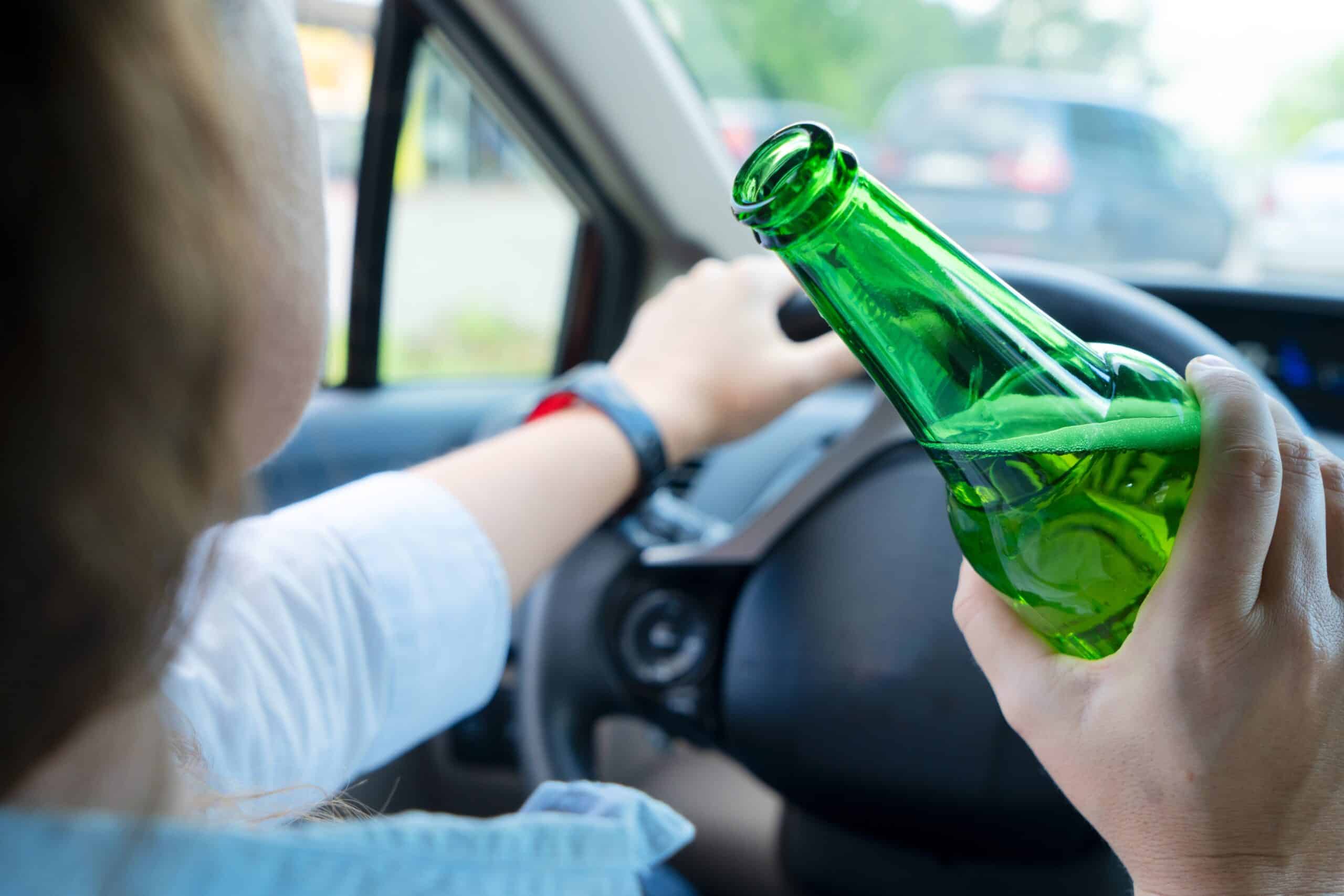Fighting a DUI: Everything You’ll Want To Know – Guest Post

Getting hit with a DUI can be a rough experience to go through. This is especially true if you are innocent. A DUI on your record can have a lasting effect on many aspects of your life. Going through the legal process can be stressful and complicated so it’s vital to know what to expect. From the impact of a DUI to effective ways to fight it, this blog post will give you comprehensive information about everything you will want to know as you tackle this legal challenge.
Impacts of a DUI
The immediate impact of a DUI arrest is license suspension, mandatory fines, imprisonment, and increased insurance rates. The long-term effects include a criminal record, difficulty in getting a job, and restricted travel.
However, many people aren’t familiar with the fact that there are also social ramifications attached to a DUI. Even if you end up winning the case, the mere fact that you were arrested can hurt your reputation in your community. It’s, essential to understand the impacts of a DUI before you get hit with one and ensure you have a support system for if you ever do.
The Process of Fighting a DUI
During your DUI trial, there are several important steps to take. Firstly, you need to obtain the police report, witness statements, and any other pertinent evidence to build your case. The information you gather is there to help your attorney support your case for a plea deal with the prosecution.
Your DUI lawyer will also need to conduct extensive research on the accuracy of arresting officers’ testimony and breathalyzer or blood test results. Lastly, your attorney may have discussions with the prosecution team to reduce your charges or settle your case out of court.
Effective Strategies for Fighting a DUI
There are various strategies to build a strong case for a DUI defense, depending on the lawyer’s expertise and the facts surrounding the case. Some of these strategies include proving that the officer did not have reasonable suspicion to stop your vehicle, that the breathalyzer equipment was calibrated, and that the officer did not inform you of your Miranda rights. These are all serious accusations of an officer so be careful with these strategies and be sure not to make them without reason.
Hiring the Right DUI Attorney
Fighting a DUI charge without an attorney is neither advisable nor wise. Having an experienced DUI lawyer increases your chances of getting a positive outcome. They will work with you to develop an effective defense strategy, help obtain the evidence you need, and increase the chances of reducing your charges significantly or having your case dismissed altogether.
An experienced professional will be able to help guide you through complications and help ensure your case is presented properly. Interaction with your prospective attorney should always feel like a good fit both professionally and personally as you’ll be working with them closely so you’ll want to like them.
Overall, being charged with a DUI can seem like a huge challenge to tackle. But by gathering information, hiring the right DUI lawyer, and developing effective defense strategies, you can increase your chances of a positive outcome. Take some time to understand the impacts of a DUI on your life, the process of fighting such a charge, and the strategies that work in building a strong case. Remember, always seek out legal assistance when facing any DUI-related charges, to ensure you have the best defense.







Recent Comments